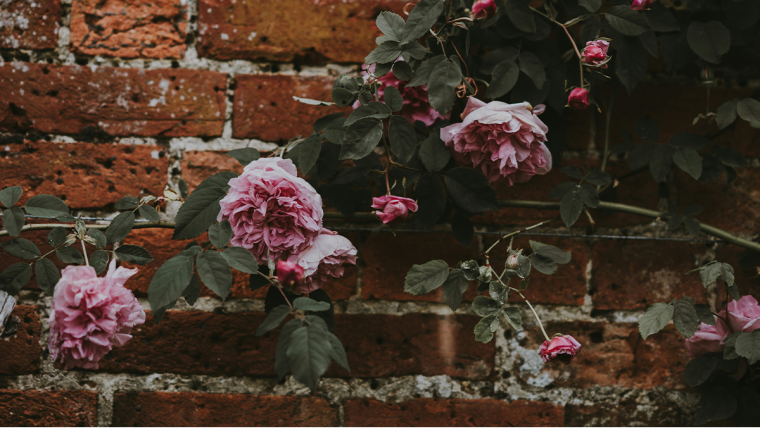In our Craft Capsule series, authors reveal the personal and particular ways they approach the art of writing. This is no. 223.

Every Christmas season in Trinidad, we prepare pastelles the same way. It begins by gathering banana leaves from my aunt’s backyard, cutting away the rubbery stems, and passing them across the fire to make them pliable. We press the hand-rolled balls of cornmeal flat, spoon in the meat, raisins, and capers, and fold the pastelle into their green envelopes. We make hundreds of them, enough to share with friends and family. Enough to deliver them as messages of gratitude to the people in our lives—enough to turn food into language.
It would be much easier to use tinfoil instead of the banana leaves. We wouldn’t have to brave the mosquitoes and the tall razor grass. We wouldn’t have to fill the house with smoke; but it is the ritual that matters. It is the choreography that remembers my grandmother and her grandmother. Remembering is an act of care. And we remember with rituals.
Rituals, as memory practices, are a small part of our worlds that oral history can capture. I invite you to borrow this listening practice for your writing. Listen for the smallest part of your world, the parts that must be whispered if they are to be told. What rituals describe you? What do your rituals remember? How do they hold memory? Small things that carry memory, like taking off your shoes before entering a Filipino house, taking a family portrait every year, or the dog-eared book you read to your child every night.
I have been an immigrant in America for almost twenty years, and I have never made pastelles in Brooklyn. How can I? There are no banana leaves to be cut, no aunts to tell me I’m doing it all wrong, no “Aiya! Here, give it to me, Nyssa. Give it to me, let me show you.” The details matter. I suppose I could use tinfoil, but that would remember nothing and no one. It is the ritual that matters.
I have developed new rituals in my immigrant life because there are new things that need to be remembered. In every apartment I have lived in, I have always had a rose plant. I have a small rose garden now: There are two pink roses with dense petals, one delicate white one that I call my Fairy Rose, and one speckled orange and mauve with bright yellow pistils. My mother also keeps roses in her yard to remember her mother, Cecelia. She loved roses, and she had dozens of them. She loved all flowers; she named my mother Hyacinth. I keep roses to remember them both. I love the ritual of care that these plants usher into my life. Roses are difficult plants to keep alive on a fire escape or in a small patch of yard in a New York summer. They are vulnerable, and they want what they want. That my memory of Hyacinth and Cecelia, my memory of us, is bound to sustaining life, and to finding it beautiful, is a small magnificence for each of my mornings.
As a prompt for your writing, trace the origin story of a small but significant ritual in your world. Where did you learn that? Listen for its story; what does it whisper about what is precious to you and who is in your care?
Nyssa Chow is an oral historian, multidisciplinary artist, and writer. She is the interim director of the Oral History master’s program at Columbia University (OHMA) and cocreator/lead artist facilitator for the DocX Residency at the Center for Documentary Studies (CDS) at Duke University. Her immersive oral history project, “The Story of Her Skin,” won the PEN/Jean Stein Grant for Literary Oral History.
image credit: Annie Spratt






